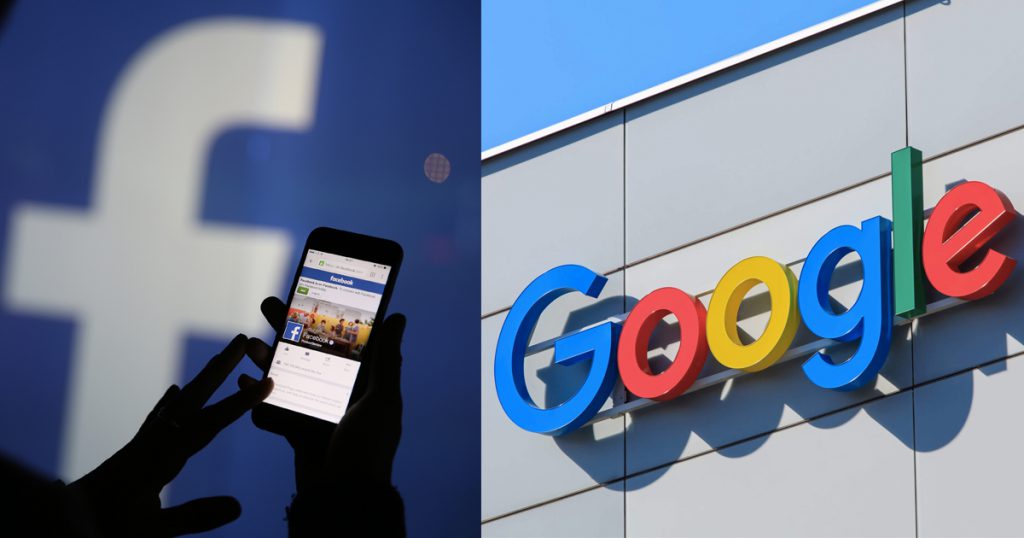The highly debated Protection from Online Falsehoods and Manipulation (POFMA) bill was passed in parliament on Wednesday, 8 May 2019.
Rather than regular netizens who consume and share content, the new laws will hold influential content creators and companies to a higher responsibility to publish corrections where information is found to be untrue.
This also requires cooperation from social media platforms, as they are widely used to disseminate information online, including Facebook, Google, and Twitter.
These platforms will simply be asked to display the accurate corrections for a falsehood found on their sites in an efficient manner.
Only if they refuse to comply, they could face fines of up to $1 million.
Here’s how these tech companies have responded to the passing of the bill.
- Google says they “remain concerned that this law will hurt innovation and the growth of the digital information ecosystem”.
- Facebook’s Vice President of Public Policy for Asia-Pacific Simon Milner raises concerns that the law could “grant broad powers” that lets Singapore authorities “compel [Facebook] to remove content they deem to be false”. However, Milner also has hopes that the government can carry out a “proportionate and measured approach in practice”.
- Twitter has privately spoken with the Singapore government about their concerns especially regarding “freedom of expression and the potential for regulatory overreach”. The company says they hope their “recommendations can be reflected in the [new bill’s] Codes of Practice”.
However, that isn’t to say that the tech giants are dismissive. Rather, they’re quite clear about the fact that they’re working towards the goal of preventing the spread of fake news too.
Prior to POFMA, Facebook recently amped up their efforts by implementing third-party fact checking in Singapore.
According to Straits Times, they are working with AFP to rate the accuracy of online reports, also engaging Facebook’s algorithm and the user community to flag misinformation on the platform.
Despite raising concerns, the firms say they will cooperate with the Singapore government.
A spokesperson from Twitter has said the company will be working in line to “serve and promote the health of the public conversation”.
Likewise, Google told CNA that fake news is a challenging problem that they are also working hard to address.
The firm also commented that “how the law is implemented matters”, and they are “committed to working with policy makers on this process.”
Not Stifling Public Discussion
As many are still unfamiliar with what to expect and how the laws will be implemented, Minister for Law K. Shanmugam explains a few points the public needs to know in this video.
According to him, we shouldn’t have to worry that the bill will affect public discourse, as it only covers facts, not opinions.
“The [objective] of this bill is to really remove the poison which is falsehoods, so that we can have freer discussions based on truth,” he says.
“[When] people know these are true facts, then [based on that] you can argue, you can take different views.”
Featured Image Credit: Fortune / Search Engine Land











